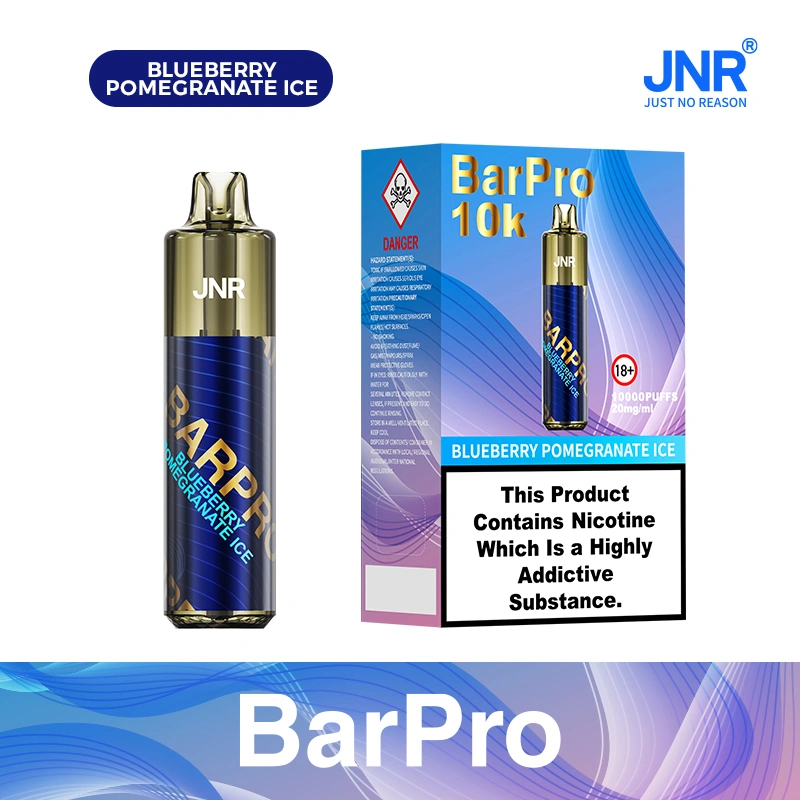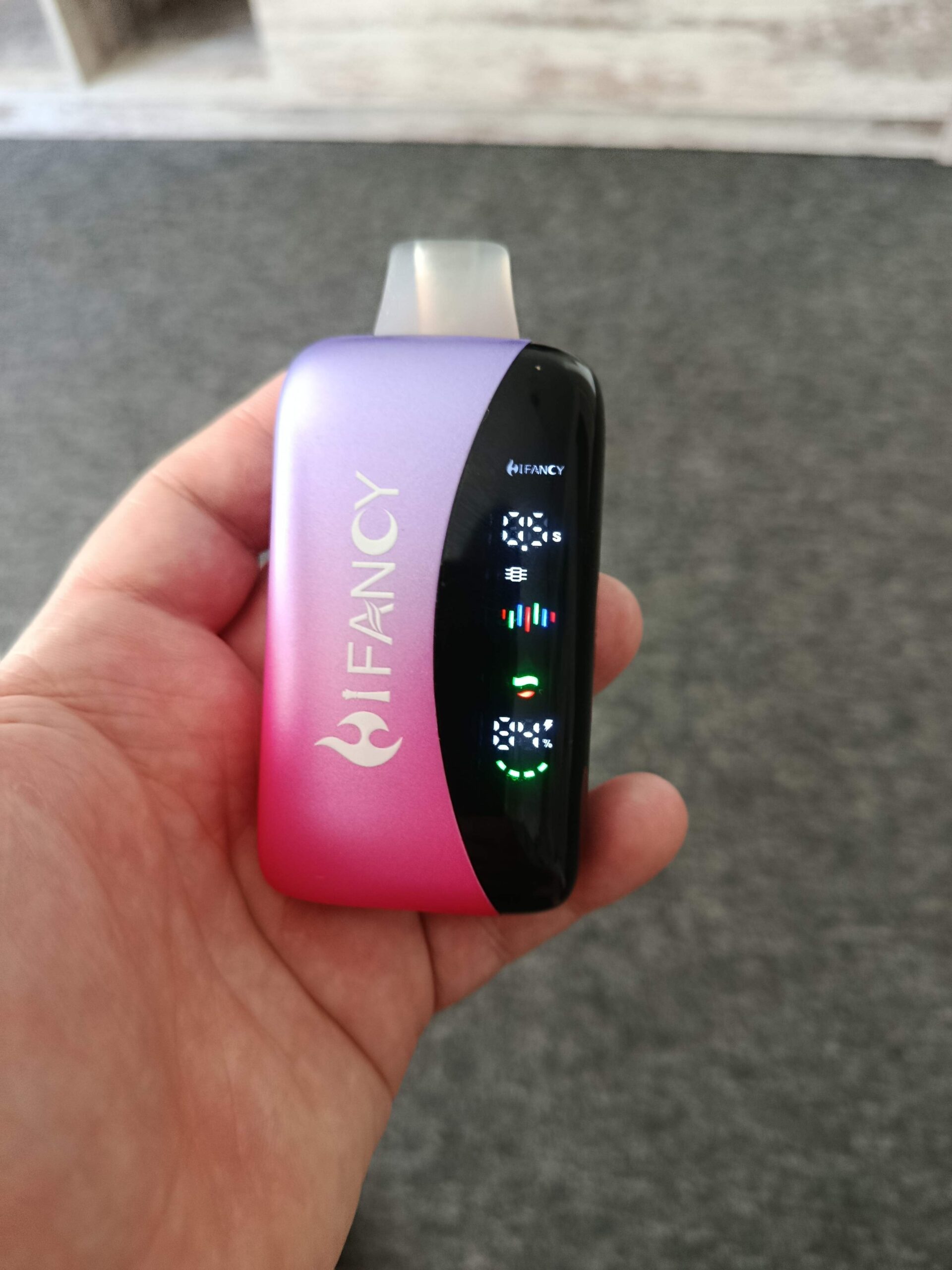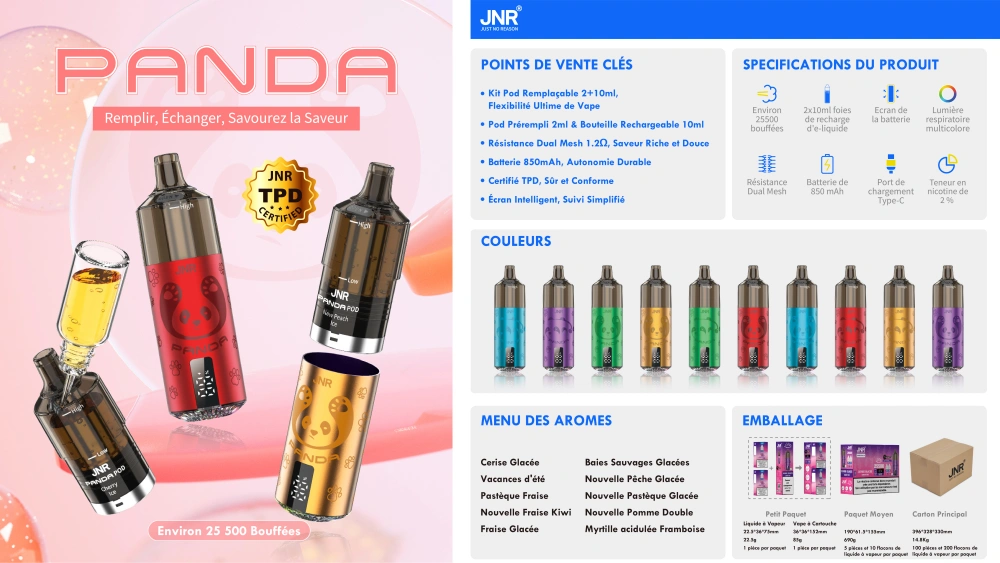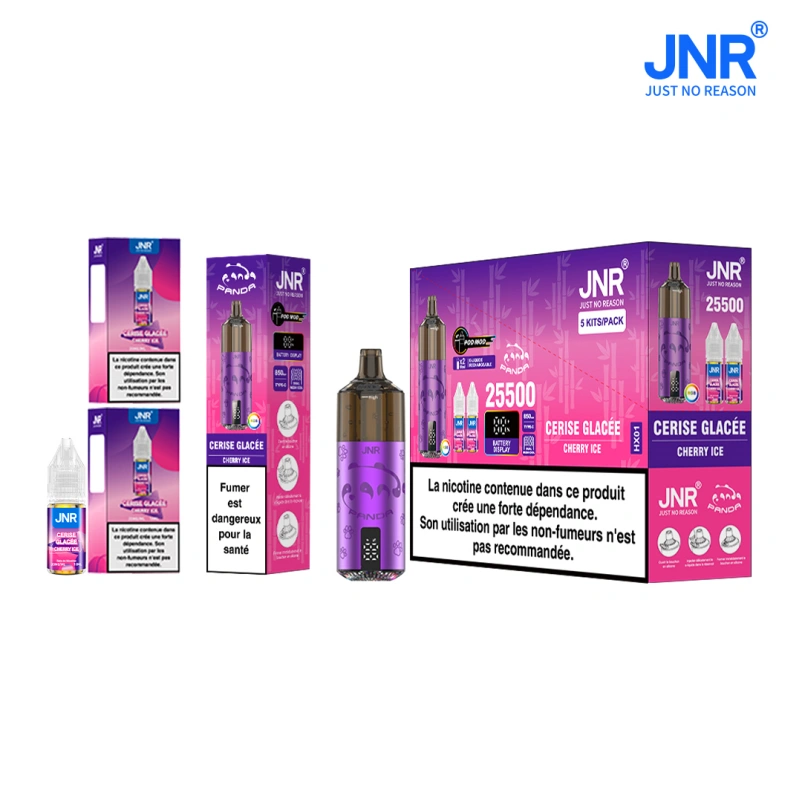Tietoa sähkösavukkeiden näyttelytoiminnasta

Electronic Cigarette Expo Insights: Navigating Industry Events for Networking and Innovation
Electronic cigarette expos and trade shows serve as pivotal hubs for industry professionals, retailers, and enthusiasts to connect, explore emerging trends, and foster collaborations. These events, ranging from global summits to regional gatherings, offer a platform to engage with thought leaders, discover cutting-edge technologies, and stay ahead of regulatory shifts. Understanding the structure, benefits, and strategic approaches to participating in these expos can amplify opportunities for growth and knowledge exchange.
Key Event Formats and Themes Driving Attendee Engagement
Electronic cigarette expos typically adopt hybrid formats, combining physical exhibitions with virtual components to broaden accessibility. Large-scale international events often feature dedicated pavilions for different market segments, such as hardware innovation, e-liquid development, or compliance solutions. These thematic zones streamline navigation for attendees, enabling them to focus on areas most relevant to their interests, whether sourcing suppliers or exploring sustainable packaging options.
Regional expos, on the other hand, emphasize localized challenges and opportunities, such as adapting to specific country regulations or catering to cultural flavor preferences. For instance, an expo in Southeast Asia might highlight heat-not-burn alternatives due to regional smoking habits, while a European event could prioritize discussions on the Tobacco Products Directive (TPD) compliance. Tailoring content to geographic contexts ensures relevance and fosters deeper connections among participants.
Workshops and panel discussions form another cornerstone of these events, addressing pressing industry issues like youth prevention strategies, battery safety standards, or the role of harm reduction in public health. These sessions, often led by regulators, academics, or advocacy groups, provide a balanced perspective on controversial topics, encouraging constructive dialogue between stakeholders. Attendees gain actionable insights while contributing their expertise to shape future policies.
Strategies for Maximizing Networking Opportunities at Expos
Effective networking at electronic cigarette expos requires proactive planning and leveraging available tools. Pre-event platforms, such as attendee directories or appointment-scheduling apps, enable participants to identify and connect with key contacts before the expo begins. This groundwork facilitates meaningful conversations during the event, whether securing meetings with potential distributors or arranging collaborations with research institutions.
Interactive zones, such as demo areas or pitch competitions, offer informal settings to engage with innovators and investors. For example, a startup showcasing a novel nicotine delivery system might attract partnerships by demonstrating its technology’s efficiency and scalability. Similarly, retailers can use these spaces to test new products and provide feedback to manufacturers, influencing product development cycles.
Post-event follow-ups are equally critical to solidifying relationships. Collecting business cards or digital contacts during the expo allows participants to send personalized messages, sharing resources discussed during meetings or inviting collaborators to future webinars. Maintaining engagement through social media groups or industry forums ensures ongoing communication, transforming one-time interactions into long-term partnerships.
Adapting to Regulatory and Ethical Considerations in Event Programming
Electronic cigarette expos operate in a highly regulated environment, necessitating strict adherence to local and international laws. Organizers must implement age-verification systems at entry points to prevent underage attendance, while exhibitors are required to display health warnings and avoid marketing claims that target non-smokers. These measures not only comply with legal requirements but also reinforce the industry’s commitment to responsible practices.
Ethical considerations extend to content curation, with many expos banning sessions or vendors promoting unproven health benefits or misleading product comparisons. Instead, programming focuses on evidence-based research, such as studies on smoking cessation rates among vapers or the environmental impact of disposable devices. By prioritizing transparency, expos build credibility with regulators, healthcare professionals, and the public.
Sustainability initiatives are also gaining prominence, reflecting broader industry trends toward eco-conscious operations. Expos might introduce waste-reduction policies, such as banning single-use plastics or offering recycling stations for vaping hardware. Some events even partner with environmental organizations to offset carbon emissions from travel and logistics, appealing to attendees and sponsors increasingly prioritizing corporate social responsibility.
Leveraging Virtual and Hybrid Elements to Expand Event Reach
The rise of hybrid expos has democratized access to industry knowledge, enabling participants worldwide to engage without physical travel. Virtual components, such as live-streamed keynotes or AI-powered matchmaking tools, connect remote attendees with exhibitors and speakers, fostering global collaboration. For instance, a researcher from Australia could participate in a European expo’s panel on nicotine science, sharing insights with an international audience in real time.
On-demand content libraries further extend the value of hybrid events, allowing users to revisit sessions or explore new topics post-expo. This flexibility accommodates different time zones and schedules, ensuring busy professionals can access critical information at their convenience. Additionally, virtual exhibitor booths with chat functions enable sustained engagement, with brands answering queries or scheduling follow-up calls long after the event concludes.
Hybrid models also offer cost efficiencies for organizers, reducing expenses related to venue rentals or catering while reaching larger audiences. These savings can be reinvested into enhancing virtual features, such as gamified leaderboards for networking achievements or virtual reality (VR) demos of upcoming products. By blending physical and digital experiences, expos create inclusive environments that cater to diverse participant needs.
Päätelmä
Electronic cigarette expos play a vital role in shaping the industry’s trajectory, offering a dynamic space for innovation, education, and collaboration. By embracing diverse event formats, prioritizing ethical and regulatory compliance, and integrating virtual elements, organizers can create impactful experiences that resonate with global audiences. For participants, strategic engagement—from pre-event planning to post-event follow-ups—ensures they extract maximum value, driving personal and professional growth in an evolving landscape.











